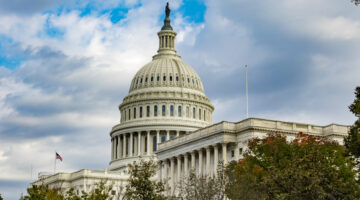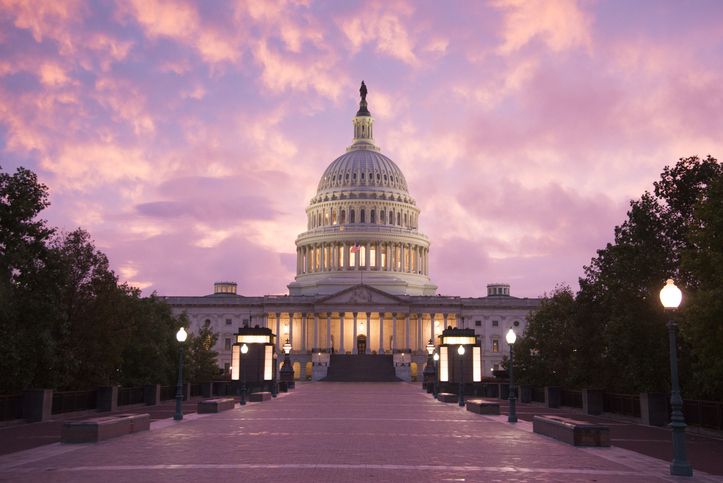
Debunked Episode 22: With ACA Subsidies Set to Expire and the Open Enrollment Window Closing, Members of Congress Brainstorm Alternatives
What are the alternatives to extending ACA subsidies for the 22 million people who purchase health plans on the ACA Marketplace? That's the focus of the latest episode of the Debunked podcast, hosted by MedCity News Editor-in-Chief Arundhati Parmar and Samir Batra, managing partner of Health Innovation Pitch.














